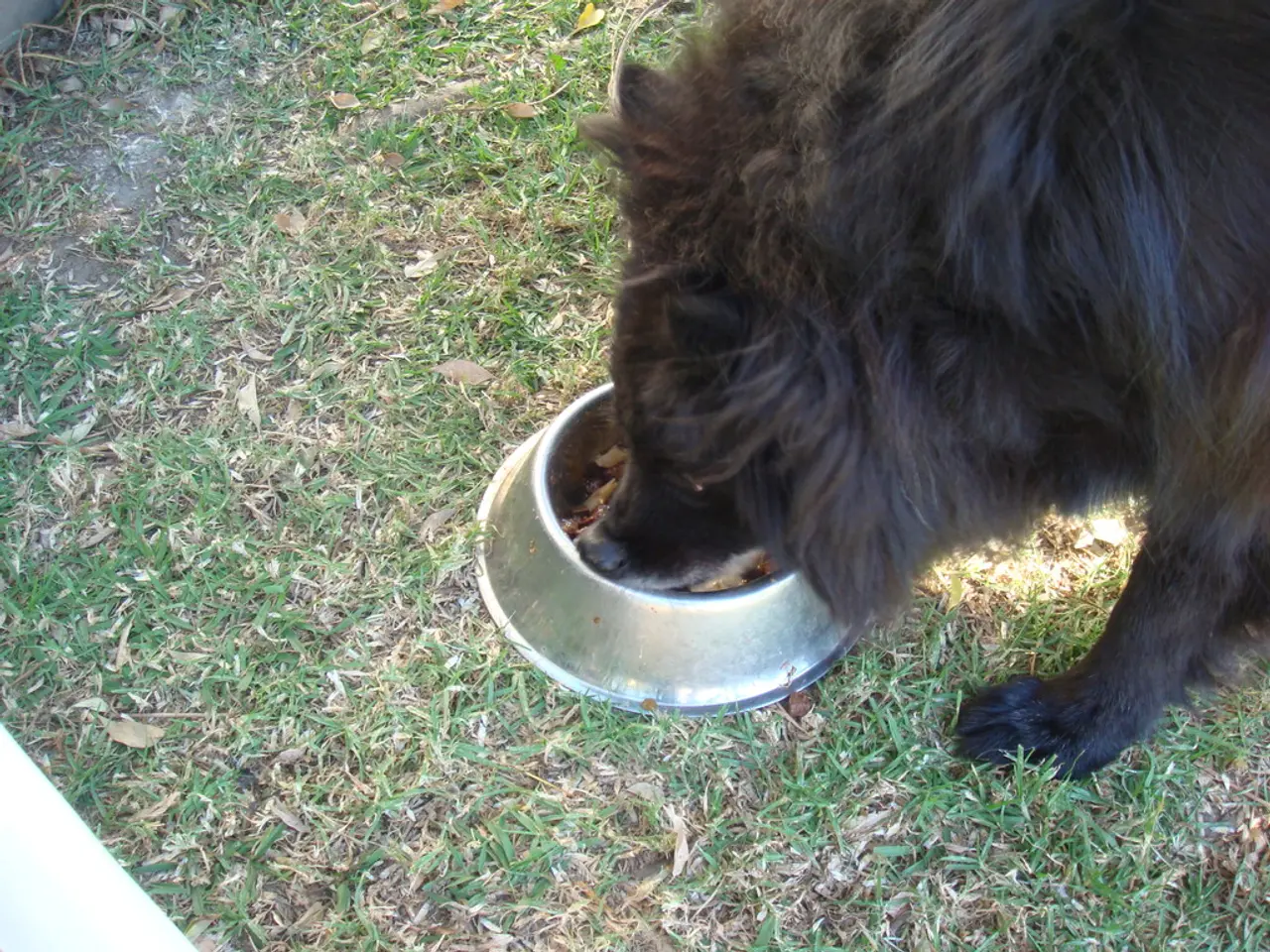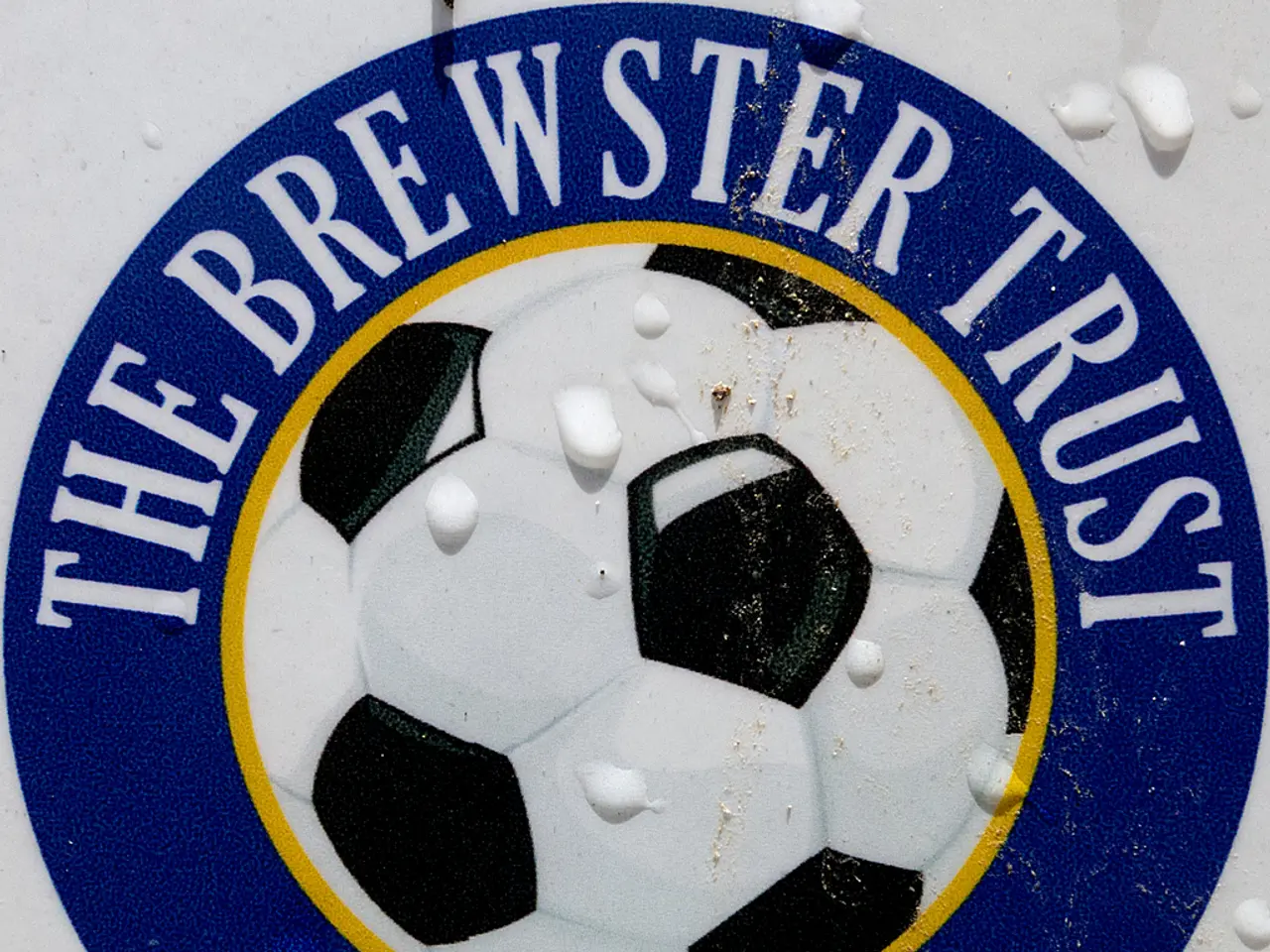DOJ's Legal Claim is Comparable to a "Foul Odor" Disrupting the Core of U.S. Egg Farm Operations, According to Animal Wellness Action
The U.S. Department of Justice (DOJ) has filed a lawsuit against California, challenging the state's animal welfare laws related to egg production. The lawsuit, filed under the Trump administration in July 2025, argues that California's regulations conflict with the federal Egg Products Inspection Act and violate the Supremacy Clause of the U.S. Constitution [1][3][5].
California's laws aim to enhance animal welfare by requiring cage-free or larger housing for egg-laying hens. However, the DOJ's position is that these state-level rules have resulted in higher consumer costs and disrupted nationwide egg markets [1][3][5].
Animal welfare groups and legal experts supporting California’s regulations criticize the lawsuit as politically motivated and frivolous. They argue that the Egg Products Inspection Act only governs egg processing, packaging, and labeling, not on-farm animal husbandry practices, undermining the lawsuit’s claim that federal law preempts California’s animal welfare rules [3].
Previous Supreme Court rulings, such as NPPC v. Ross, have upheld California's Proposition 12 against similar challenges, reasoning that state regulations affecting consumer goods do not unlawfully interfere with interstate commerce or federal authority [3].
The DOJ's lawsuit is not the first of its kind. It closely mirrors a recent preemption claim brought by the pork industry against Massachusetts' Question 3. Animal Wellness Action (AWA) and the Center for a Humane Economy have called the lawsuit "politically driven" and "a set of stink bombs tossed into bosom of America's egg farms" [2].
The lawsuit represents the latest in a series of legal assaults by the pork industry and its surrogates to overturn state laws promoting animal welfare and food safety. However, the pork industry has lost 19 straight cases where it's presented legal theories to overturn state laws limiting extreme confinement of breeding sows [4].
The pork industry has been unsuccessful in its attempts to overturn these laws through Congress as well, with past legislative maneuvers failing to gain traction on either the 2014 or 2018 Farm bills [4].
Interestingly, research has shown that providing farm animals, including egg layers, with the minimal space requirements that the California law provides benefits food safety and consumer protection [6]. As of now, 45.7% of laying hens in the U.S. live in cage-free environments, a 10X growth in the last 15 years due to consumer demand [7].
The Ninth Circuit Court of Appeals dismissed the 2014 case due to the states' lack of standing to bring the claims [8]. Animal Wellness Action, a Washington, D.C.-based 501(c)(4) that promotes laws and regulations for animal protection, expects the courts to rapidly dispose of the DOJ's case, similar to other meritless lawsuits brought by the animal agriculture industry [3].
The Center for a Humane Economy, a Washington, D.C.-based 501(c)(3) that encourages businesses to honor their social responsibilities, believes helping animals helps us all. They argue that the DOJ's lawsuit aims to send the U.S. back to drawing board on farm animal welfare, causing harm to animals and key stakeholders [1].
References:
[1] Animal Wellness Action. (2025). DOJ Sues California Over Egg Farm Regulations. Retrieved from https://animalwellnessaction.org/news/doj-sues-california-over-egg-farm-regulations/
[2] Center for a Humane Economy. (2025). DOJ's Lawsuit Against California's Egg Farm Regulations: Politically Driven and Devoid of Merit. Retrieved from https://www.humanecenter.org/news/dojs-lawsuit-against-californias-egg-farm-regulations-politically-driven-and-devoid-of-merit/
[3] Food Safety News. (2025). DOJ Sues California Over Egg Farm Regulations. Retrieved from https://www.foodsafetynews.com/2025/08/doj-sues-california-over-egg-farm-regulations/
[4] National Pork Producers Council. (2025). NPPC Statement on DOJ Lawsuit Against California's Proposition 12. Retrieved from https://www.nppc.org/news/nppc-statement-on-doj-lawsuit-against-californias-proposition-12/
[5] Politico. (2025). DOJ Sues California Over Egg Farm Regulations. Retrieved from https://www.politico.com/news/2025/07/20/doj-sues-california-over-egg-farm-regulations-493503
[6] University of California, Davis. (2020). Study Finds Housing Egg-Laying Hens in Cage-Free Systems Benefits Food Safety and Consumer Protection. Retrieved from https://www.ucdavis.edu/news/study-finds-housing-egg-laying-hens-cage-free-systems-benefits-food-safety-and-consumer-protection
[7] United Egg Producers. (2021). UEP's 2025 Industry Survey. Retrieved from https://www.uep.org/sites/default/files/2021-05/UEP%202025%20Industry%20Survey%20Report.pdf
[8] Animal Legal Defense Fund. (2014). Ninth Circuit Dismisses Lawsuit Challenging California's Proposition 2. Retrieved from https://aldf.org/news/ninth-circuit-dismisses-lawsuit-challenging-californias-proposition-2/
- The ongoing legal dispute between the U.S. Department of Justice (DOJ) and California over egg farm regulations raises concerns about the politicization of consumer protection laws, as critics argue that the lawsuit is frivolous and aims to undermine state-level regulations promoting animal welfare and food safety.
- While the DOJ's lawsuit asserts that California's regulations are in conflict with federal laws like the Egg Products Inspection Act, legal experts and animal welfare groups argue that these state-level rules primarily benefit food safety and consumer protection, as demonstrated by research showing better outcomes for farm animals in cage-free environments.








